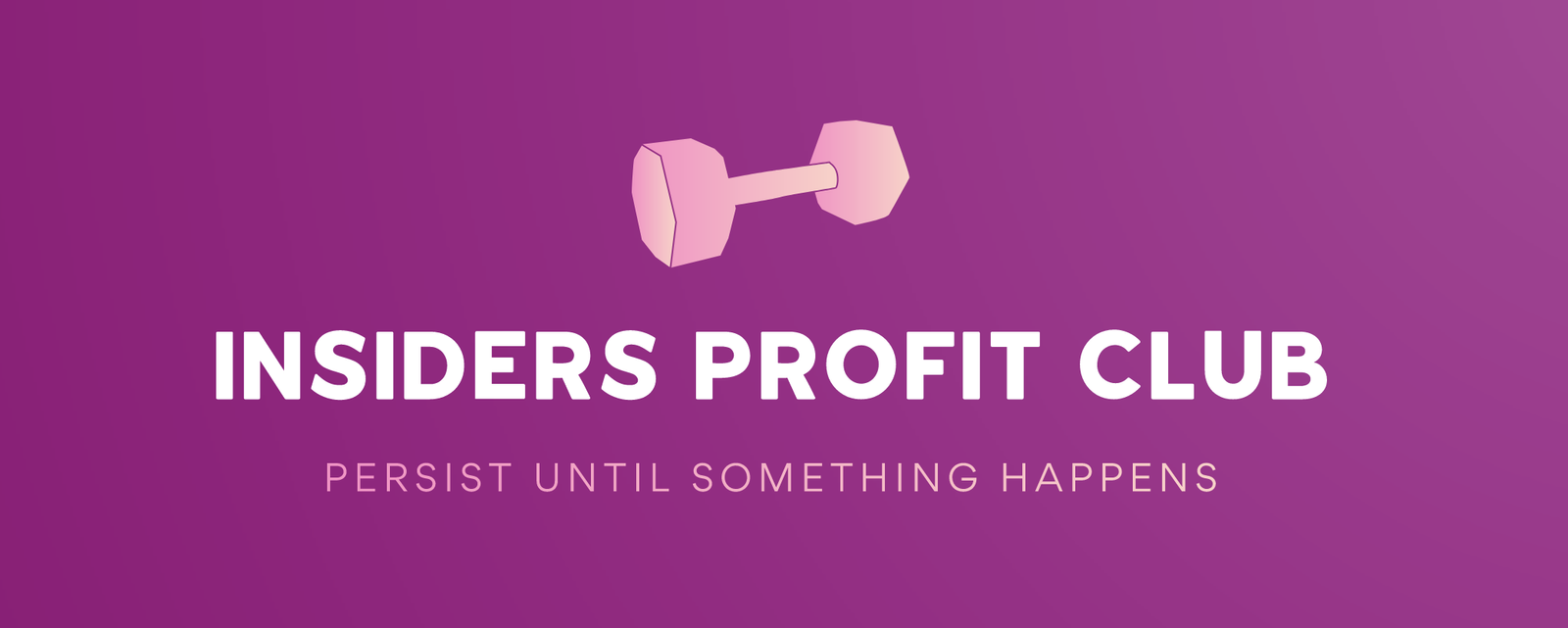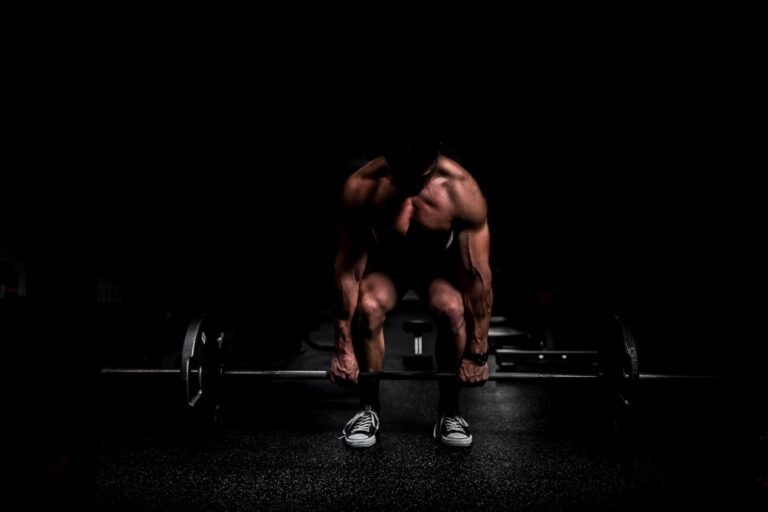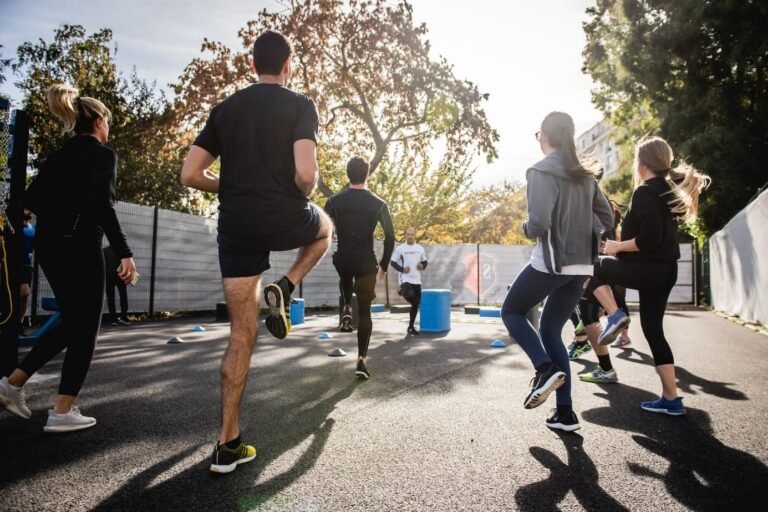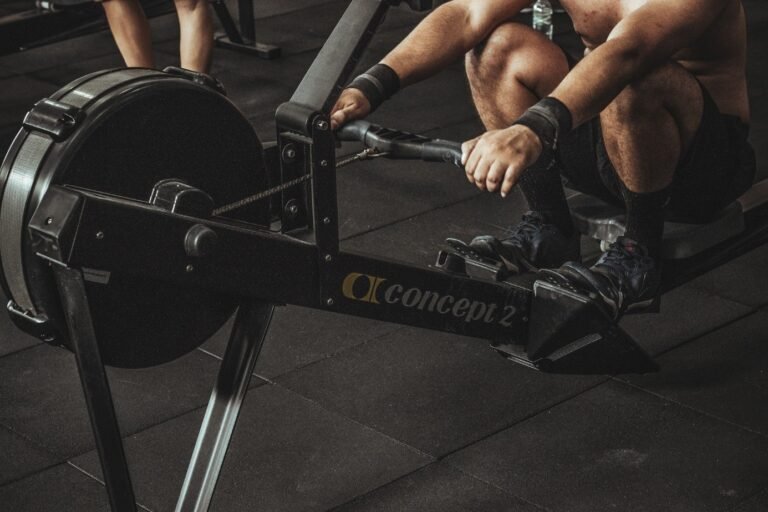Can Weights Slow Growth?
If you are a teenager or parent of a teenager who wants to get into bodybuilding, it is impossible that you have not asked yourself the question: Can bodybuilding slow down or stop growth?
This legitimate question is rooted in an age-old myth that handling loads crushes vertebrae, prevents bones from growing and leads to stunted growth.
Rest assured, there is nothing. And we’ll tell you why.
Why Do We Think Strength Slows Growth?
This myth probably comes from the end of the 19th century, when many children worked in coal mines. Doctors then found that these young workers were still experiencing stunted growth, attributed to the loads they handled every day. In reality, these children did not see much sunlight and had a poor and little varied diet. They could not therefore synthesize vitamin D3, essential for the fixation of calcium on the bones, and did not consume enough vitamin C, essential for the synthesis of collagen. All the elements being united to inhibit bone growth, these children became adults “less tall” than the others.
In the 21st century, parents are rather worried about the health of the cartilages or “growth plates” of their children. Growth plates are cartilaginous areas present at the ends of long bones such as those in the arms or legs, which allow the bones to grow. Once growth is complete, the bones become rigid and cannot grow any further.
If an injury occurs in the growth cartilage, the bone may no longer be able to continue its normal development: bone growth may stop, or the bone may undergo deformities. Damage to the growth cartilage occurs during major shocks, such as a road accident or a serious fall.
-
Bodybuilding For Teens: A Multitude Of Benefits
Handling weights with the aim of stimulating muscle growth and developing physical abilities rarely results in damage to the growth plates, provided of course that the workouts are supervised by a professional and that the effort is adapted.
Also, the compression of the vertebrae, feared by cast iron pushers, can only occur after a violent impact or the handling of excessively high loads over the long haul.


-
Teenager doing sit-ups
In reality, bodybuilding can bring many benefits to young practitioners:
- An increase in bone density and bone strength
- Less risk of fractures and injuries
- A better ability to adapt to different physical abilities
- More self-confidence
- Lower risk of developing metabolic disorders like overweight and obesity
- Better cognitive functions, better ability to learn, memorize and concentrate
-
What Training For A Teen?
LEARN THE BASIC MOVEMENTS
The first steps in bodybuilding are often decisive for future progress and the maintenance of physical integrity. Early injuries and training errors can have deleterious repercussions in the long term, but these risks concern absolutely all beginners, from the youngest to the oldest.
First, learn to master all the basic movements. Learn the squat, deadlift, bench press, shoulder press, EZ bar curl, dips and pull-ups. These exercises recruit several muscles and “sink the slab” so as to strengthen the body in a global way: the deep muscles are perfectly solicited and the superficial muscles recruited in an optimal way. These basics will allow you to progress in a linear fashion, acquire good posture and avoid injuries related to imbalances, which are common among people who start training exclusively on machines. Start with bars, plates, dumbbells and pulleys.


-
Start With Light Loads
It is tempting to want to impress yourself or others by loading your bars excessively. Yet this little personal flattery is the best way to hurt yourself: the muscle can snap, tear, or the tendons become so sensitive that you can’t train at all.
Injuries are the main factor of demotivation and regression. Know that the people who progress the best are those who know how to preserve their joints and muscles. So start with light loads and very gradually increase the intensity on each exercise. Take notes to assess your progress.
-
Never forget :
A perfectly executed movement with a light load will make you gain muscle.
A movement distorted by a poorly controlled load will not make you progress at all, and increases the risk of injury by 100%.
-
Be Supervised By A Professional Coach
We advise all teenagers to start bodybuilding under the supervision of a qualified coach, who will know:
- Teach all basic movements
- Evaluate priorities according to objectives and specificities
- Teach fundamental nutritional principles
- Establish a tailor-made training plan
- Inculcate healthy foundations to promote sustainable progression
-
What Is The Ideal Age To Start Bodybuilding?
Some health professionals recommend that children aged 6 to 17 get at least 60 minutes of physical activity per day, including at least 3 weight training sessions per week. There are already physical culture initiation groups that offer lessons to children aged 4 to 6! These activities are not intended to make children bodybuilders, but to make them aware of the pleasure of playing sports, strengthening their bones and encouraging better growth.
For teenagers looking to gain muscle, age 15 is considered ideal. On the one hand because puberty has already started and the “rush of hormones” promotes optimal muscle development, and knowing how to plan a training and eating routine can bring concrete benefits in everyday life:
- Learn to discipline yourself and enjoy discipline
- Know the nutritional basics that will help maintain long-term health
- Stimulate your cognitive functions
- Know how to stay focused longer and more effectively
- Adapt to constraints
- Learn to get out of your comfort zone
-
In Conclusion
Strength training is rarely linked to stunting! Doing bodybuilding from an early age can, on the contrary, help to grow, and bring much more than muscle mass: self-confidence, better growth, better intellectual performance, and this cult of rigor that can help adolescents to become adults who are more confident and more successful in many areas.







